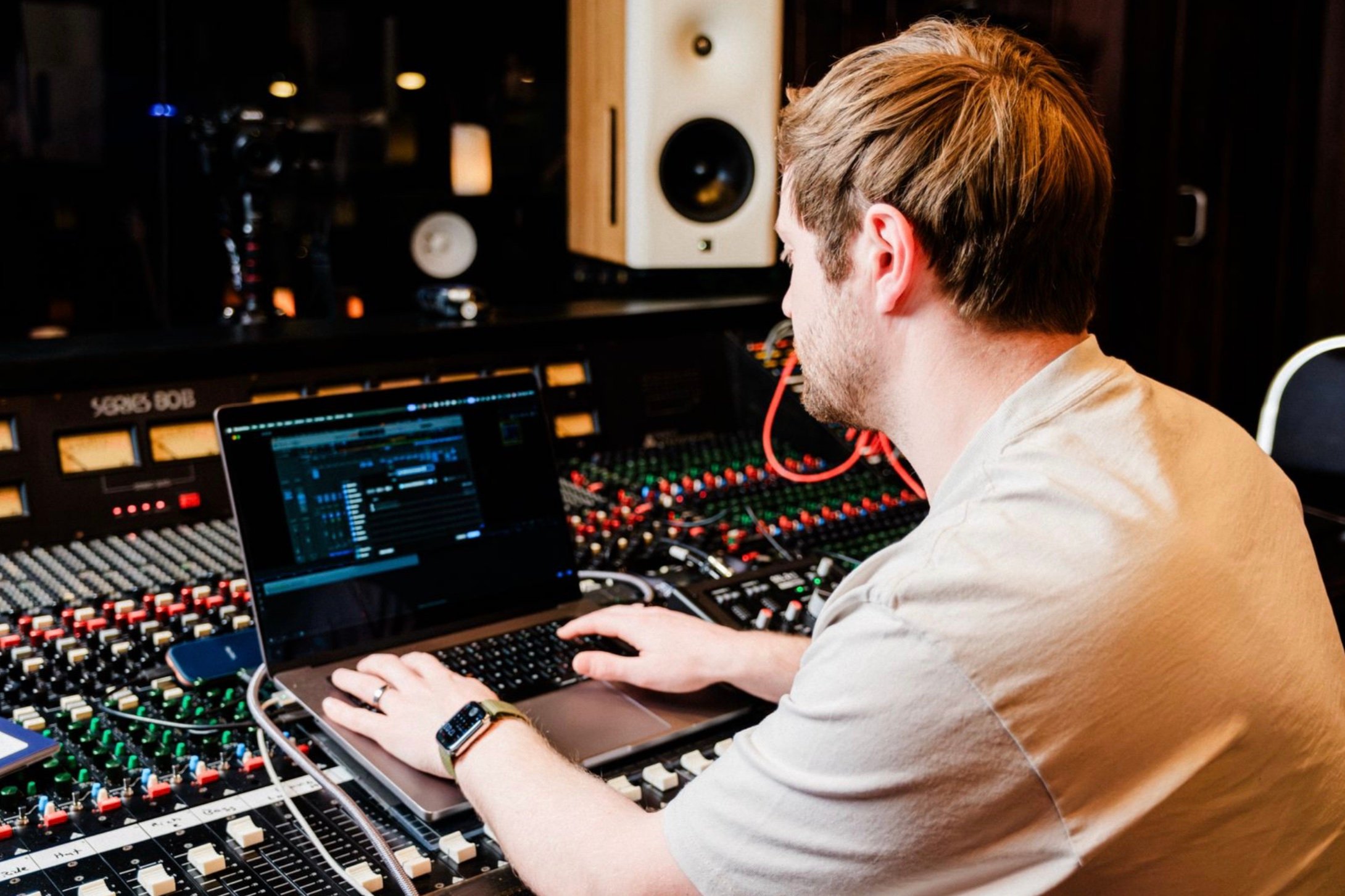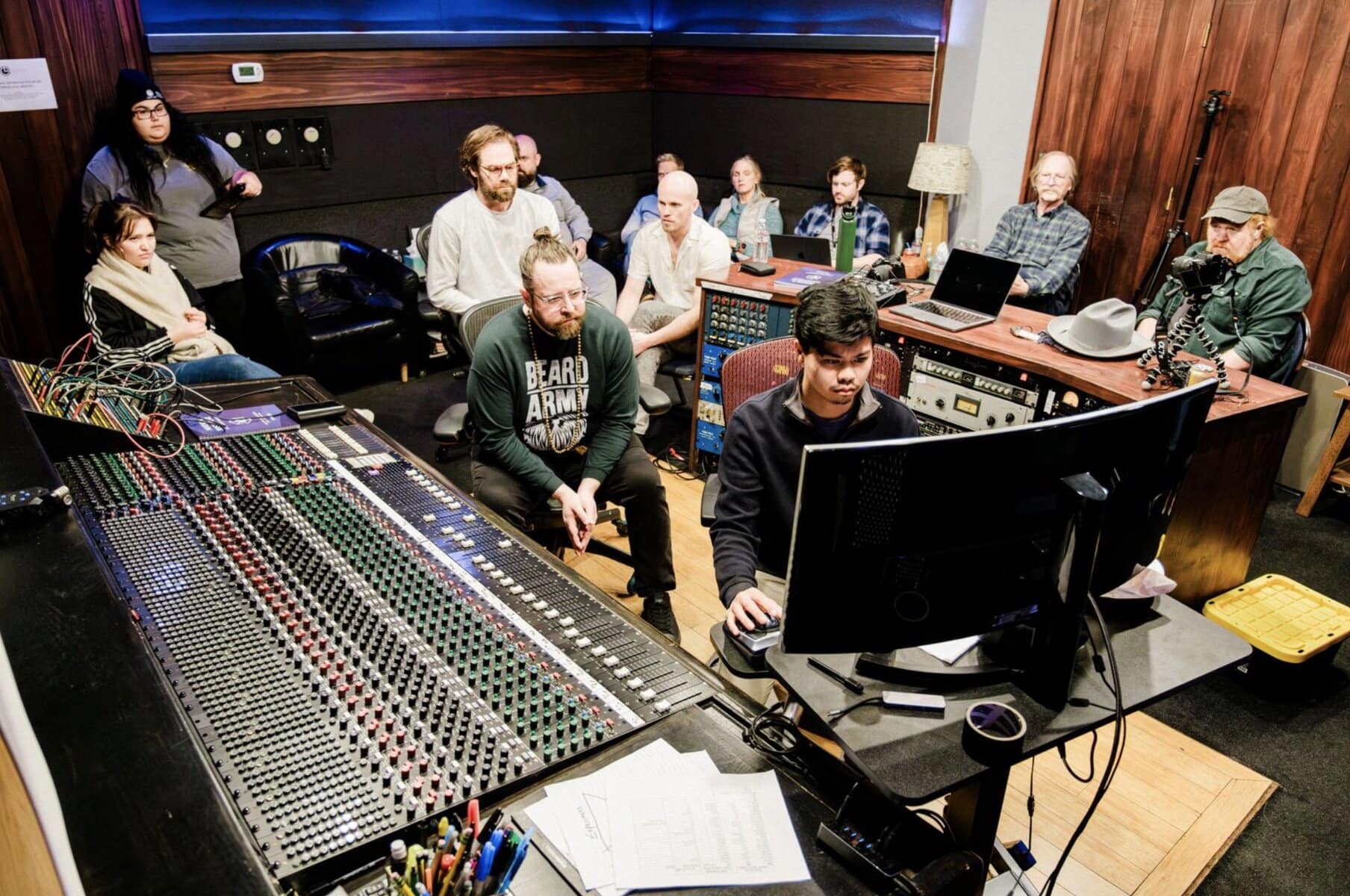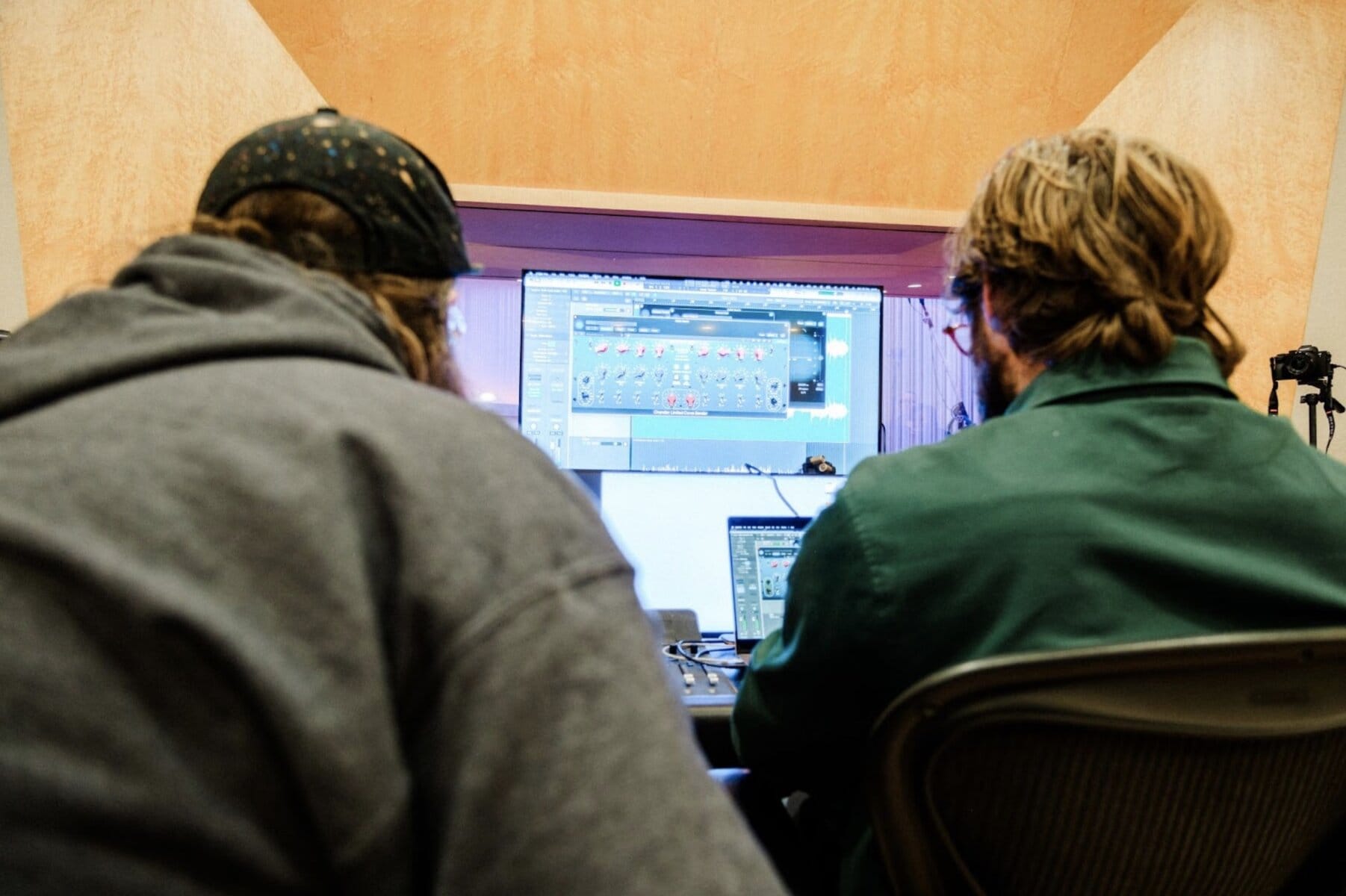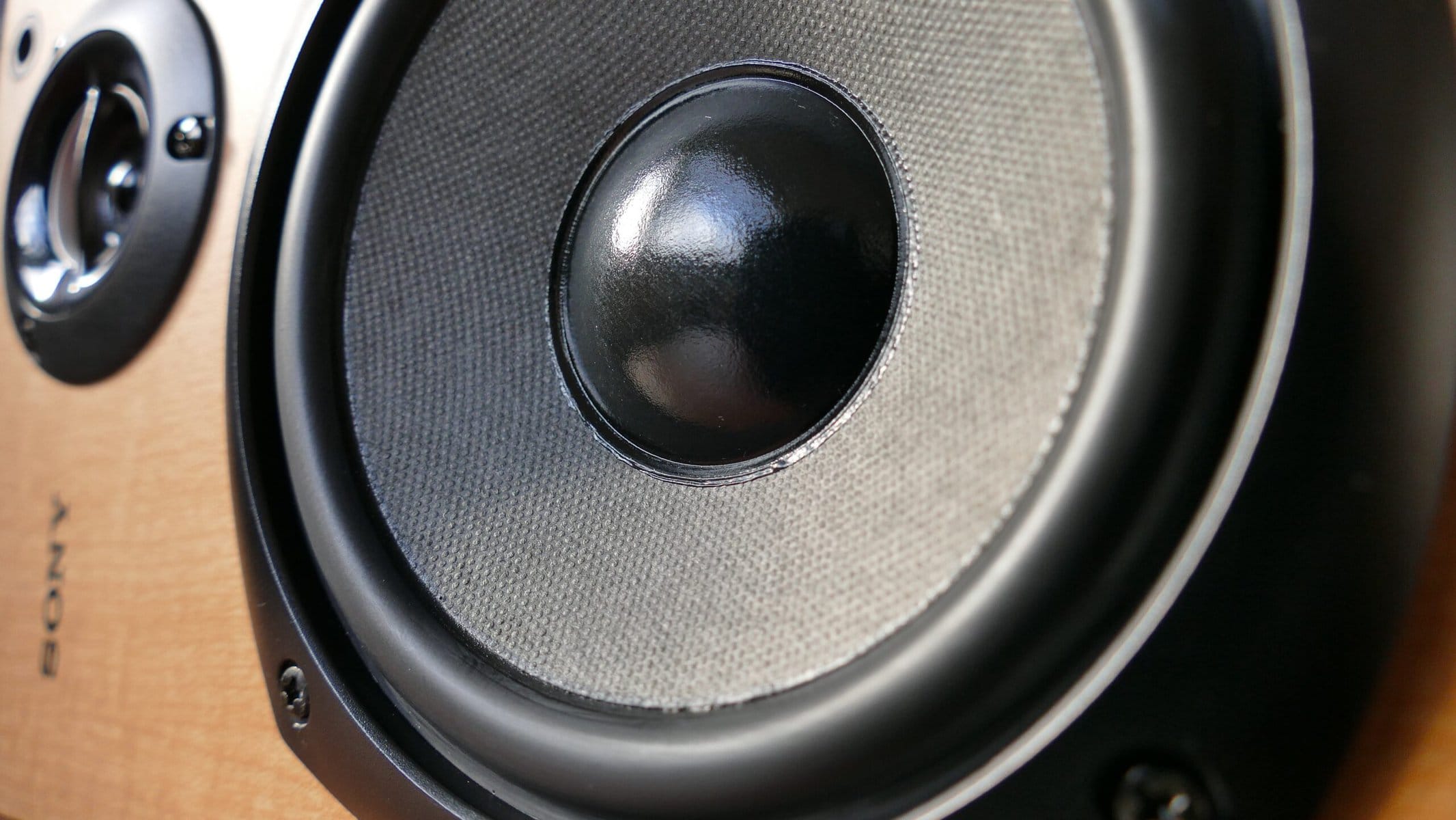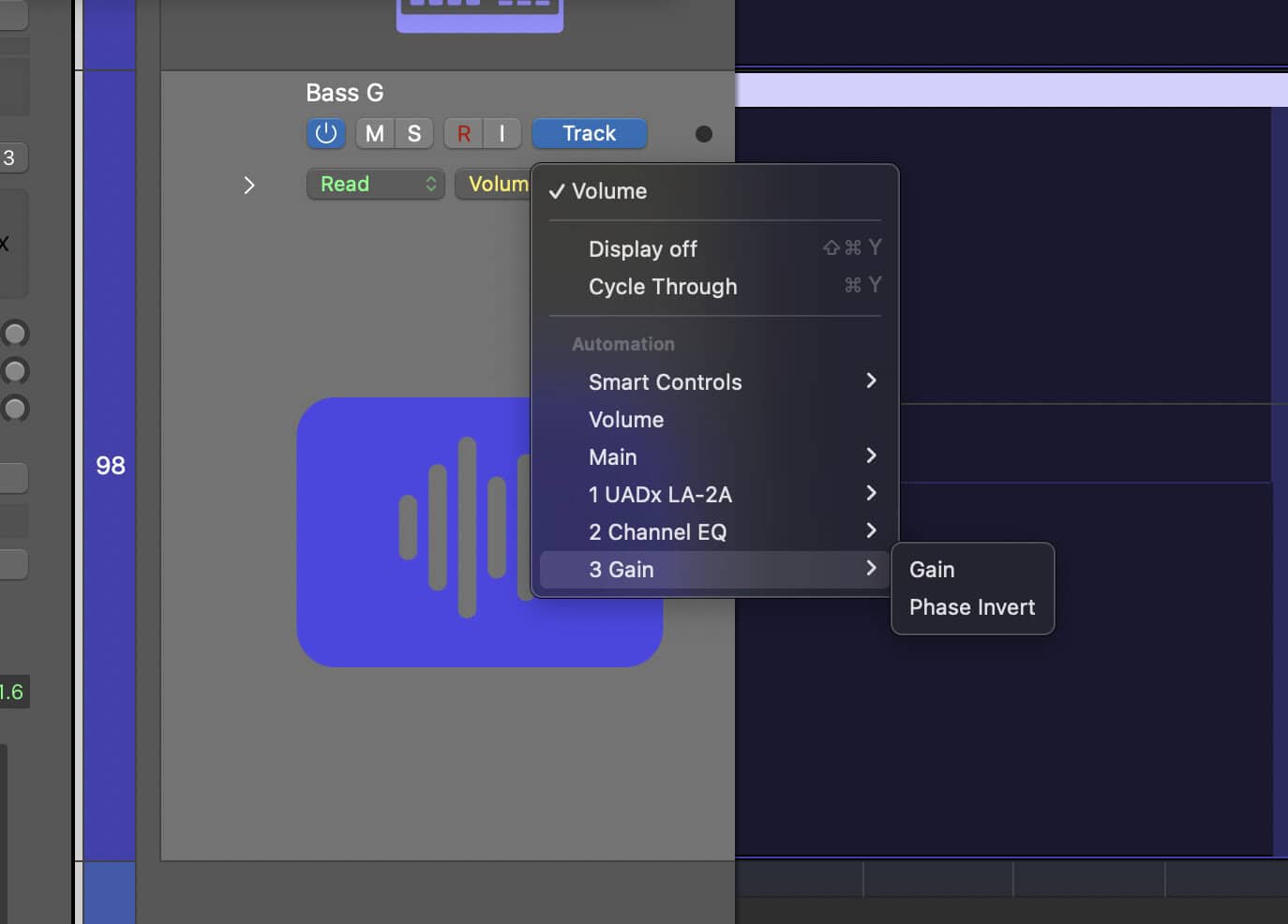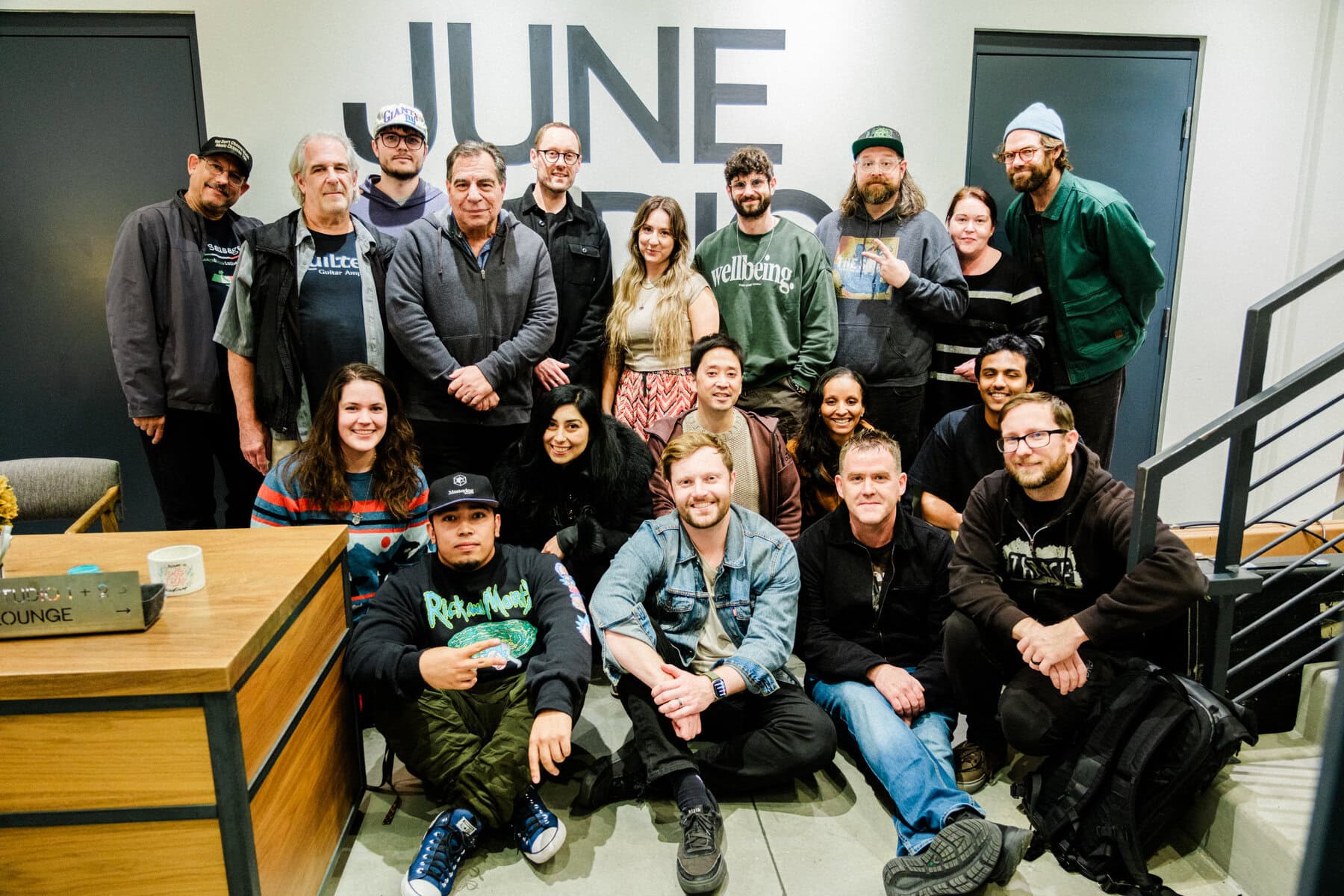We believe that education is the great leveller. That the lifelong pursuit of mastery is the key to finding abundance, enjoyment and connection in life.
In our 10+ years as an online school, we’ve found that great education boils down to three key ingredients: hands-on mentorship, structured curriculum, and a supportive community.
Our mission is to provide these three core ingredients at a price that anyone can afford.
We see education as more than just knowledge acquisition. We see it as a process of empowerment. Pure knowledge without application is abstract. When knowledge is applied, it becomes wisdom.
If our students don’t change their actions as a result of the educational process, we have failed.
Actions create progress. Progress creates reflection. Reflection creates personal growth. Personal growth creates abundance. Abundance creates generosity. Generosity creates great mentors. And thus the cycle begins again.
This cycle wouldn’t be possible without human interaction. The process of education requires two consenting individuals — a teacher, and a student.
The teacher imparts their wisdom and experience of the world to the student. Not just in terms of practical skills, but in life philosophies, ways of thinking.
The student receives — and in the process of applying newfound wisdom, experiences joy and progress.
One last element remains — perhaps the most important of all — and that’s connection. Students learn better together. Lifelong friendships are often formed in the process of education. The sense of community that comes from working alongside others with the same goal is hard to replicate.
For many, this experience ends when formal education is complete. But the status quo is changing. Lifelong learning is the new norm. And we’re here for it.
Why music?
Education is important. But there an infinite number of topics we could choose as our domain. So why music?
It’s hard to communicate in words something that can already be better communicated through music itself. But here it goes.
Music has inherent value. It needs no justification. It is beyond justification.
Asking “why music?” is like asking “why love?”
Music taps into the core of our essence in a way that no other art form is capable of.
It’s both indescribable yet instantly understandable.
You wouldn’t be here reading this if music hadn’t moved you to tears at some point in your life.
Through music we can convey the highest elation and ecstasy… to the deepest sorrow and sadness.
Music goes beyond emotion. It taps into the deepest part of ourselves that feels timeless, everlasting.
And while there is skill and deep appreciation to be found in the technical aspects of music… virtuosic ability, impeccable production and the highest quality of audio fidelity…
These elements are mere representations and tools.
Go put on your favourite song or album and just listen. Really listen. Become fully immersed in the music to the point where you forget your own existence. This is the value of music.
Why audio?
If music itself reigns supreme, then why is our flagship program about music production — and not composition or songwriting?
Well… it’s hard to teach music. While you can teach music theory, and you can teach an instrument… the creative act is more felt than learned.
If music is a pure expression of creativity and will, then it’s best nurtured than taught. And this nurturing is an ever-present aspect of great education.
But what often gets in the way of expression, and prevents people from ever realizing their artistic vision, is a technical hurdle. Before Beethoven could compose the Moonlight Sonata, he had to learn the piano.
Historically, learning an instrument has been the primary technical hurdle to music creation. And even then, to varying degrees. The Pixies were able to reinvent a genre with only basic ability after starting a band before any of them could actually play an instrument.
But over time, the barrier between composition and production (i.e. recording, mixing, mastering) has blurred to the point where they are one and the same.
This is fundamentally a good thing. It allows the artist to fully realize their vision, without necessarily abdicating elements of the process to a professional audio engineer. It increases the speed and efficiency at which an artist can create and share great music.
That is, assuming they are technically versed in audio production. Which most, sadly, are not.
It’s incredible how much equipment and free information is now available to the modern musician. But this is both a blessing and a curse.
With endless options for plugins and infinite YouTube videos to watch, it’s easy to get lost in a sea of possibilities — with no clear pathway or guiding light.
This leads to what we call the “Intermediate Plateau”. There are a lot of musicians who have been doing this for a while, but they still aren’t able to produce music that sounds the way it does in their head.
Over the years we’ve developed a unique way for teaching music production that we call “reverse methodology”. You can find out more about this approach by learning more about our flagship program, The Reverse Engineer.
Regardless of how one decides to learn the technical skill of audio production, it’s important to note that learning production is often the primary stumbling block to true expression through music.
That’s why we’ve dedicated the last decade to helping artists learn this skill — and using the learning process as a catalyst for enjoyment and personal growth in all areas of life.
— Rob


